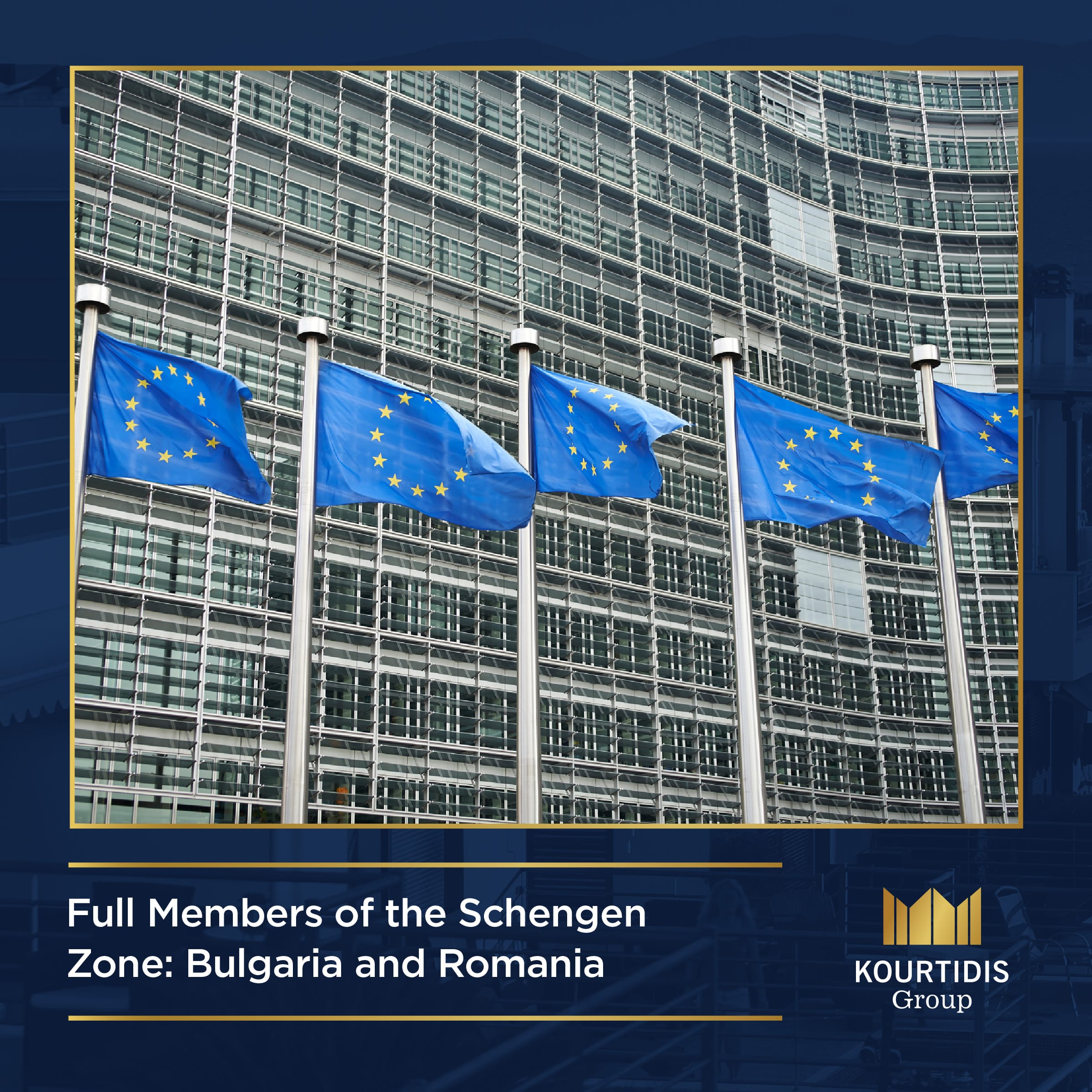Full Members of the Schengen Zone: Bulgaria and Romania
A “historic decision” for the two EU member states, 13 years after the European Commission’s initial recommendation.
As of January 1, citizens of Romania and Bulgaria will enjoy free movement within the Schengen Zone, following today’s decision by the EU’s interior ministers to grant full membership status to the two countries.
The decision was made after Austria’s veto was lifted, as the country agreed to the deal on the condition that certain random checks at land borders would be maintained.
The agreement provides for the introduction of controls at land borders between Romania and Hungary, as well as between Romania and Bulgaria, for at least six months in order to “prevent serious threats to internal security.” This measure addressed Austria’s objections, while several interior ministers attending today’s meeting also emphasized the need to strengthen internal security.
However, as of March 31, border checks at airports in both countries will no longer be in effect.
The Hungarian presidency of the EU Council, which had made the full inclusion of Bulgaria and Romania in the Schengen Zone a priority, hailed the development as a “great victory for Bulgaria, Romania, and all of Europe.” Similarly, Austria’s Commissioner for Migration, Magnus Brunner, described it as a “historic moment” upon his arrival at the meeting.
The European Commission, which had recommended their accession as early as 2011, expressed its full satisfaction with today’s decision. “Full members of Schengen — where you belong,” said the Commission’s president, Ursula von der Leyen. European Parliament President Roberta Metsola also commented on the development, stating that “a strong Schengen means a safer and more united Europe.”
The Schengen Zone, regarded as one of the most significant achievements of European integration alongside the single market, currently includes 29 countries and facilitates free movement for nearly 450 million citizens.




